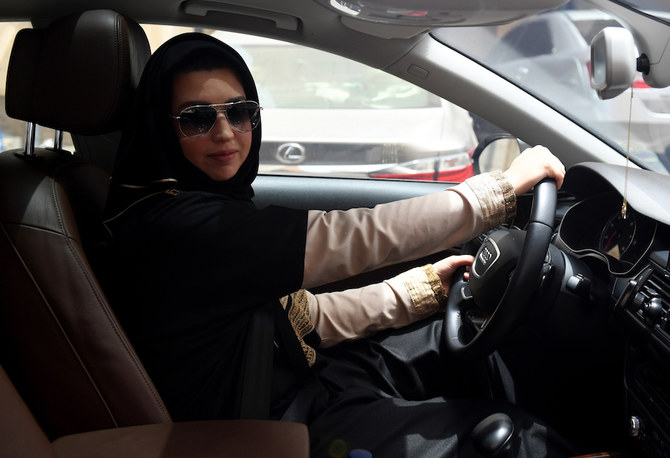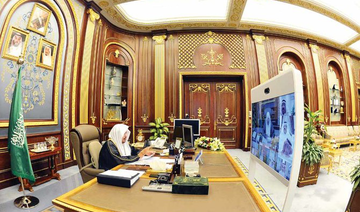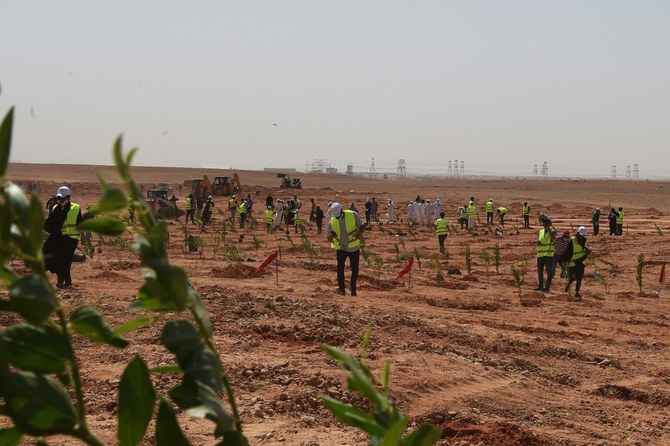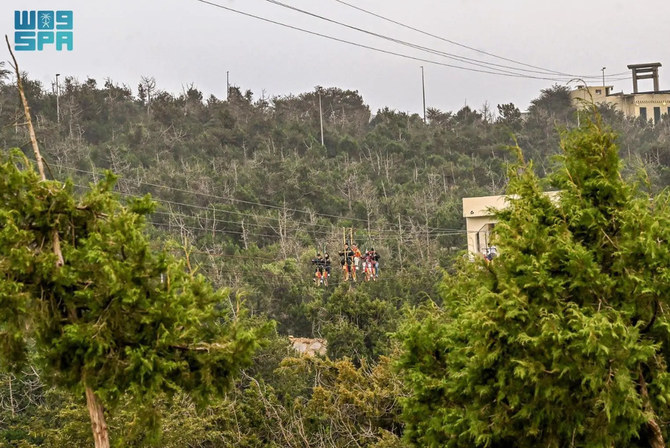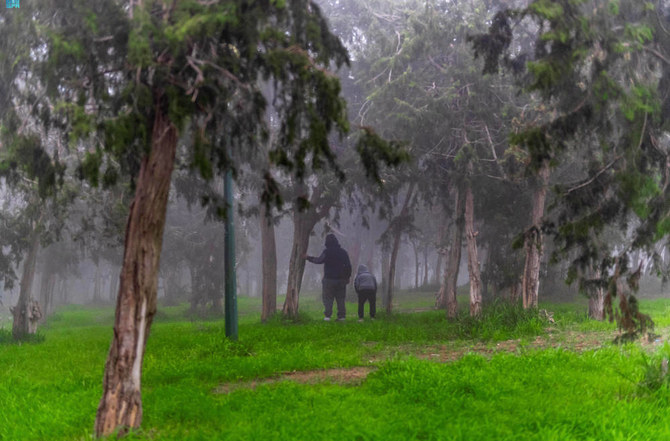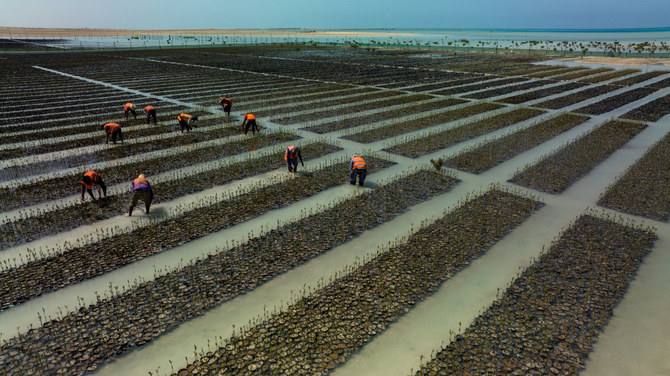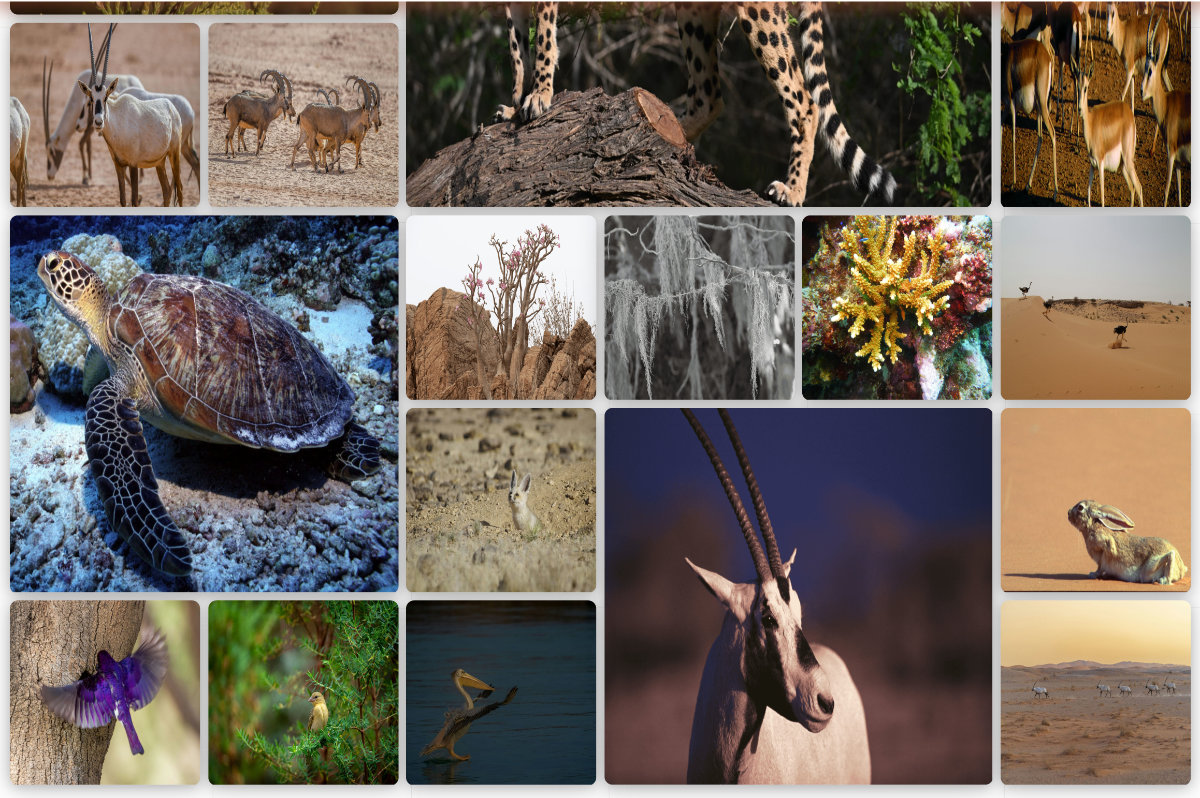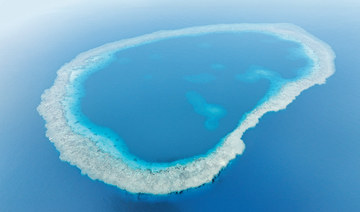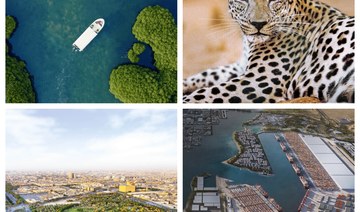DUBAI: In the space of just a few years, the legal rights of Saudi women have fundamentally changed, opening up new freedoms of movement, the ability to choose where they want to live, and the right to pursue their own career aspirations for the first time.
Bold reforms implemented under the Kingdom’s ambitious Vision 2030 development plan have already led to significant growth in the number of women joining the labor force, from 18 percent in 2017 to 23 percent in 2018, according to World Bank figures.
Although this figure is still far lower than the average of 59 percent among member states of the Organisation for Economic Co-operation and Development, it marks a significant turning point for a largely conservative society.
For this revolution to occur, vital legislation first had to be drafted to guarantee the rights and safety of women in the workplace. Key to this was the criminalization of sexual harassment.
The anti-harassment law of May 2018 defines sexual harassment as “all conduct of a sexual nature from one person to the other, including touching of the body, honor or modesty in any way, shape or form.” The definition also applies to electronic communications such as social media.
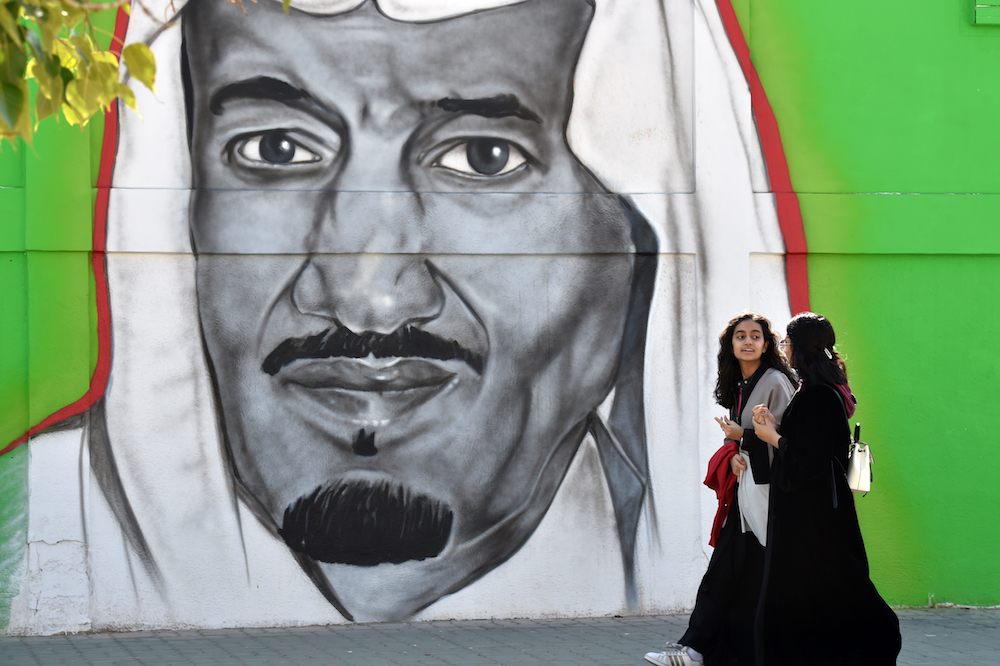
Bold reforms implemented under the Kingdom’s ambitious Vision 2030 development plan have already led to significant growth in the number of women joining the labor force. (AFP/File Photo)
According to the Shoura Council, Saudi Arabia’s formal consultative body that drafted the law, the aim is “to combat the crime of harassment, preventing it from occurring, applying punishment to the perpetrators, and protecting the victim in order to safeguard the individual’s privacy, dignity and personal freedom guaranteed by Islamic law and regulations.”
The statute on sexual harassment grants victims the right to anonymity, and allows courts to hand down punishments of up to two years in jail and maximum fines of SR100,000 ($26,500).
In the most severe cases, involving children or disabled victims, the law allows penalties of up to five years in prison and a maximum fine of SR300,000 ($80,000). The law also criminalizes inciting or assisting harassment and falsely reporting offenses.
This was a watershed moment for Saudi Arabia. With this strict legal deterrent in place, an avalanche of reforms could follow, empowering women to enter civic life, beginning in June 2018 with the lifting of the ban on them driving.
Other decrees soon followed, including amendments to the male guardianship system so that women over the age of 21 were free to leave the house unaccompanied, and the equalizing of women’s right to choose a place of residency.
Discrimination based on gender in employment was also prohibited, as were the dismissal of pregnant women and discrimination based on gender in accessing credit.
New childcare centers were established and subsidies made available to help more women leave the home.
Pension equality was also introduced by equalizing the retirement age for men and women, and mandating pension care credits for maternity leave.
An estimated 5.5 million Saudi women over the age of 21 are already benefiting from these reforms, and long-entrenched social norms are gradually coming undone.
Due to these rapid developments, the World Bank’s “Women, Business, and the Law 2020” report, published in April, recognized Saudi Arabia as the world’s top reformer in the last year.
“Saudi Arabia basically has become one of the leaders in the Arab world in terms of women empowerment,” Issam Abu Sulaiman, the World Bank’s regional director for the Gulf Cooperation Council, said at the time, the Saudi Press Agency reported.
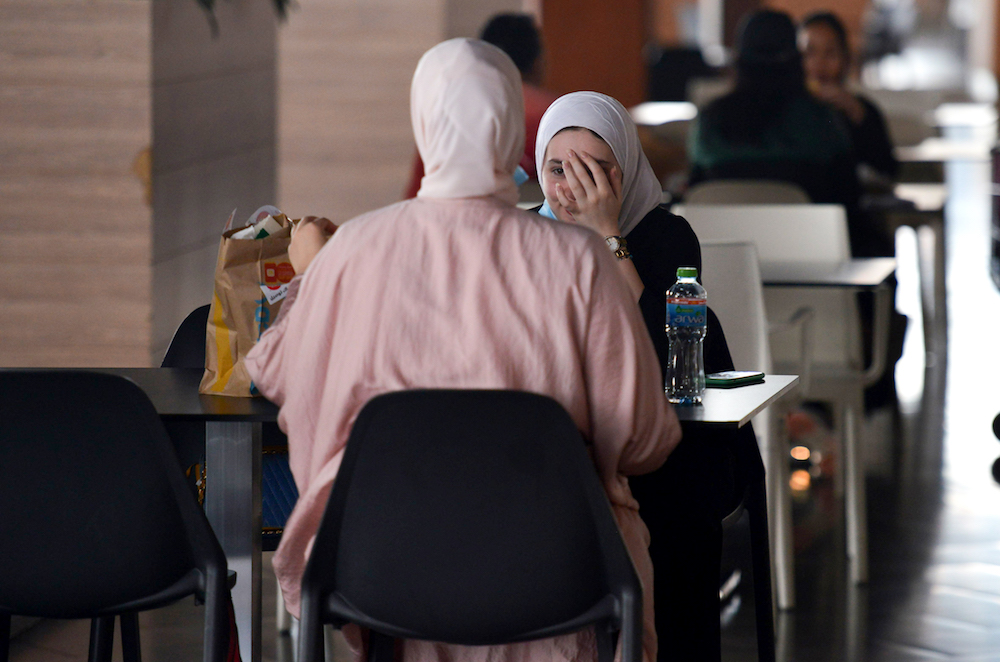
An estimated 5.5 million Saudi women over the age of 21 are already benefiting from these reforms, and long-entrenched social norms are gradually coming undone. (AFP/File Photo)
The groundwork for this rapid social change was laid by the anti-harassment law, which has given women the confidence and legal protection they need to freely participate and contribute to society.
Now an amendment is being drafted to further strengthen the penalty for sexual harassment in Saudi Arabia to include the naming and shaming of offenders.
Shoura Council members believe that the threat of defamation will act as an even greater deterrent to misconduct than fines and imprisonment alone.
“Defamation is for the larger good of society,” Lina Almaeena, a member of the Shoura Council and co-founder of the Jeddah United Sports Co., told Arab News.
“It’s a deterrent that many countries have applied and that has proved effective in reducing harassment cases. The anti-sexual harassment law has proved effective in preventing misconduct.”
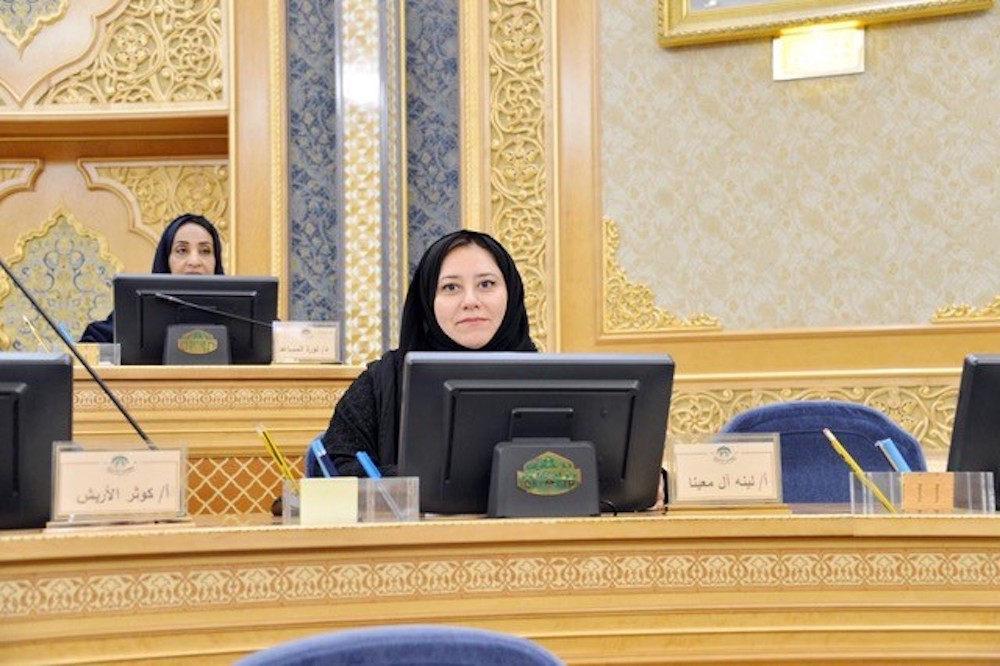
Lina Almaeena, a member of the Shoura Council and co-founder of the Jeddah United Sports Co. (Supplied)
By making the issue a matter of honor, it is felt that households will take greater care when educating their children about social conduct. “There’s going to be more awareness, and families will play a bigger role,” Almaeena said.
Before it can come into force, the draft amendment must first go before the Council of Ministers for endorsement and then be issued as a royal decree by King Salman.
“We are talking now about making a new amendment by adding a new article to the existing law. We are not talking about a new law,” Faisal Fadhil, a UK-educated legal expert and Shoura Council member, told Arab News.
Some observers believe strengthening the existing law will allow even more women to join the labor force without fear of harassment in the workplace.
“It would encourage more young girls and women to join the workforce with confidence, feeling protected, and feeling they’ll be supported if they’re faced with any harassment,” Maha Akeel, director of social and family affairs at the Jeddah-based Organization of Islamic Cooperation, told Arab News.
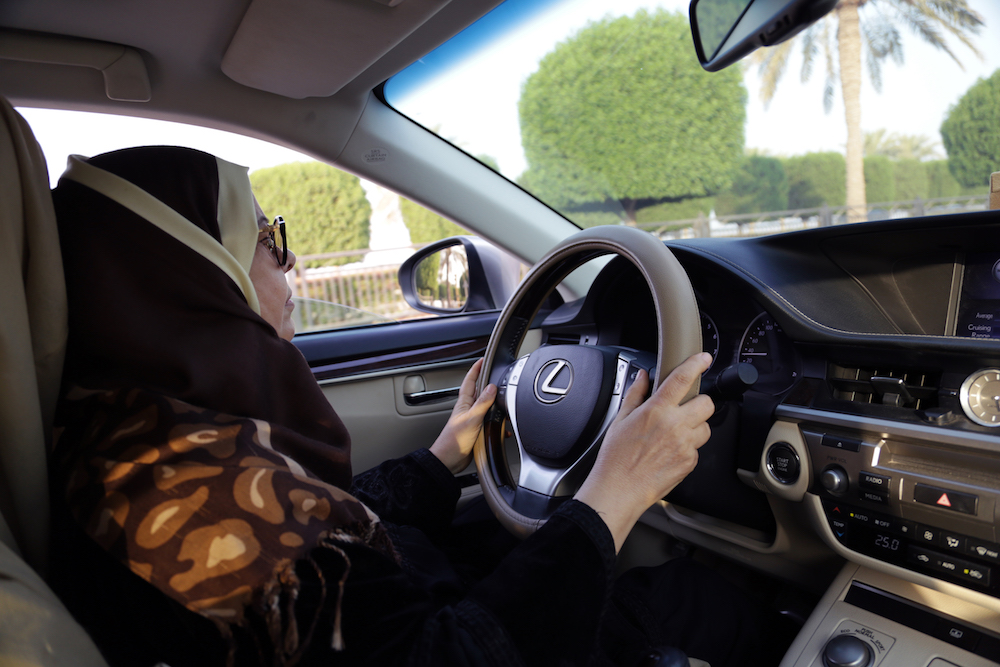
With this strict legal deterrent in place, an avalanche of reforms could follow, empowering women to enter civic life, beginning in June 2018 with the lifting of the ban on them driving. (AFP/File Photo)
No statistics are readily available on the incidence of sexual harassment in Saudi Arabia, largely due to past reluctance to report violations.
There is therefore limited data to demonstrate its prevalence or show the impact of legislation.
“Maybe we’ll see more reporting. Maybe we’ll see fewer public displays of harassment. It’s difficult to measure the impact, lacking factual studies and statistics,” said Akeel.
She nevertheless sees the threat of defamation as a potent weapon against harassment, which could prove especially effective in Saudi culture.
“Sometimes people fear the public naming and shaming more than financial penalties or even imprisonment … because it will harm their reputation,” Akeel said.
“We’re a conservative society, so it might be more of a deterrent than the punishments tried earlier.”
---------------------------
Twitter: @jumanaaltamimi



